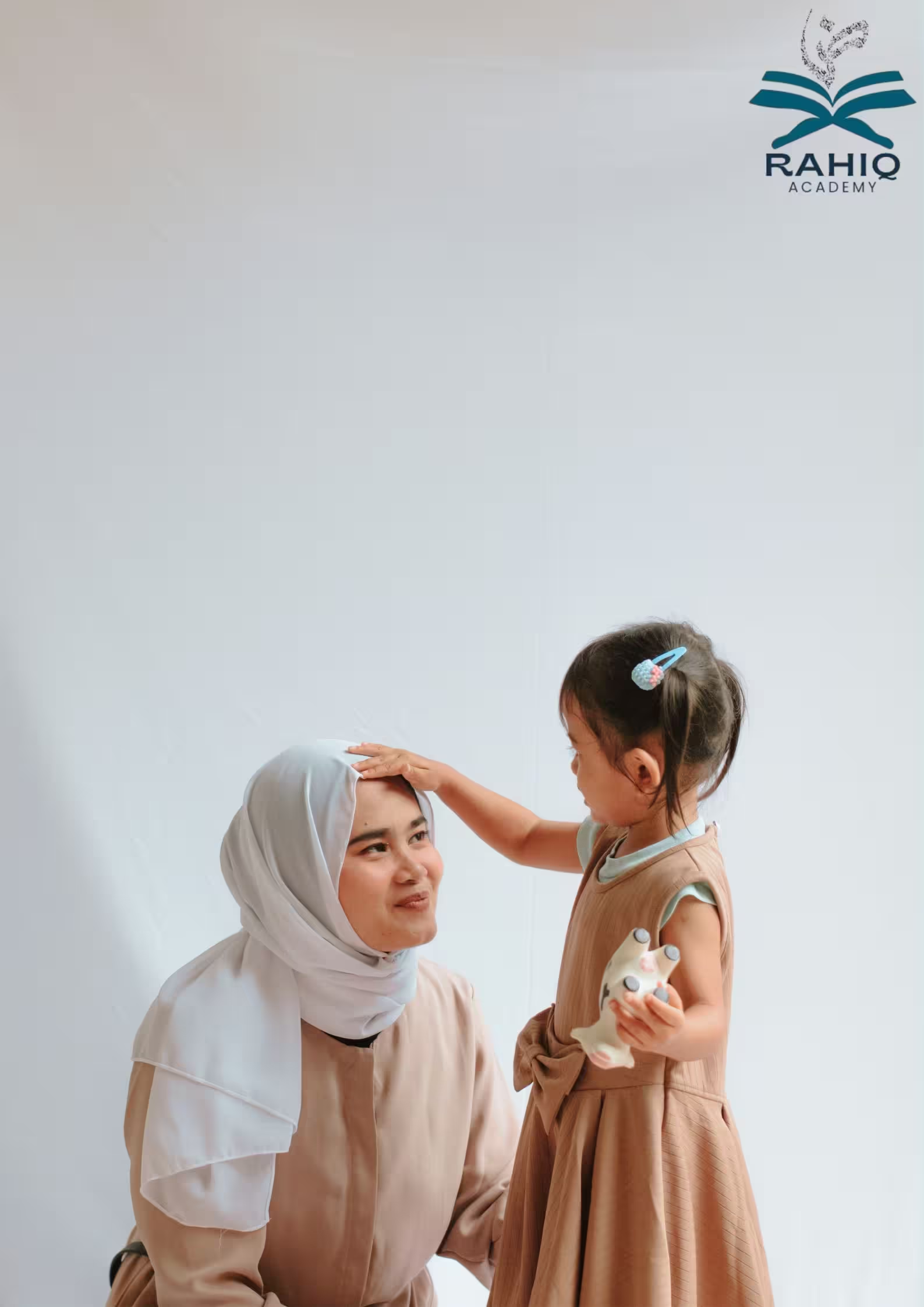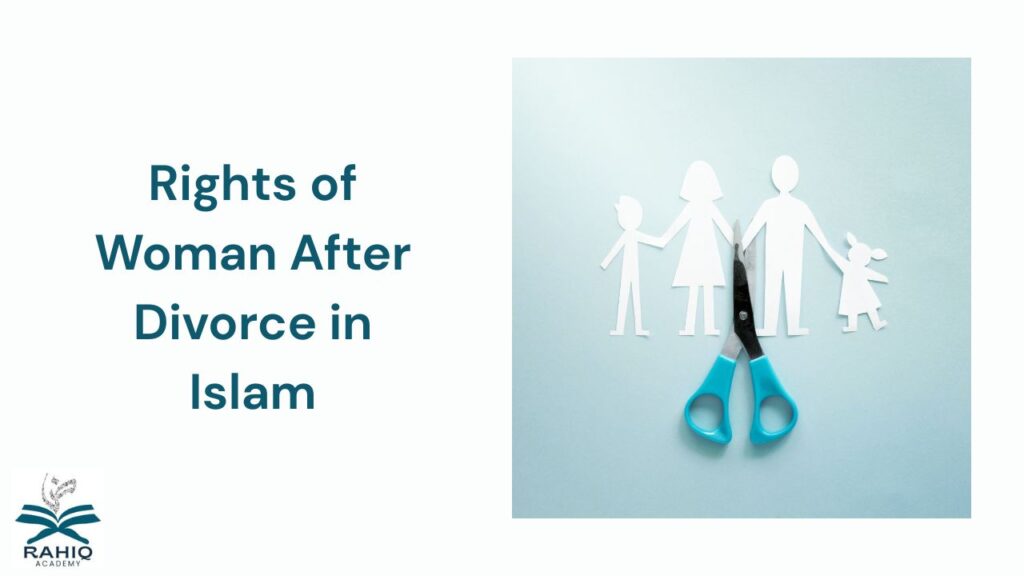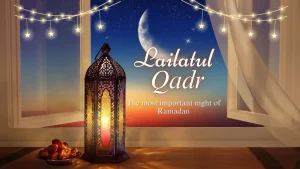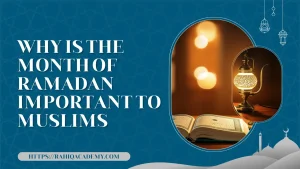In a world full of different opinions and many misconceptions, Islam gives a clear and fair view of the rights of woman after divorce in Islam. These rights protect her dignity, ensure her emotional and financial security, and set the foundation for raising children properly.
In this article, you’ll learn everything you need to know based on evidence from the Qur’an and Sunnah.
Is Divorce Frowned Upon in Islam?
In Islam, divorce is allowed if it becomes necessary—such as when life between the couple becomes impossible. However, it is disliked if done without a valid reason.
Divorce is seen as a last resort after the couple has tried every possible way to fix the marriage, as it leads to breaking up the family. This is the answer to the question: Is divorce frowned upon in Islam?
Financial Support and Maintenance (Nafaqah)
Financial Support and Maintenance (Nafaqah) is one of the most important rights of woman after divorce in Islam. The husband must provide for his wife during the waiting period (‘iddah) if the divorce is revocable (i.e., the first or second divorce).
If the divorce is final, then he is not required to support her—unless she is pregnant, and this is agreed upon by all scholars except the Hanafi school.
However, he must continue to support his children by providing food, clothing, and a suitable place to live. This continues until the daughters get married and the sons become able to support themselves.
The Right to Mahr (Dower)
A divorced woman has the right to Mahr (Dower), so the husband must give her the full amount of the delayed mahr without taking anything away from it.
Custody and Care of Children

In Islamic law, custody means taking care of the child, raising them, and providing their basic needs—like housing, food, clothes, and education.
Custody is also considered part of the rights of woman after divorce in Islam, as it protects her role as a mother and ensures the well-being of her children.
After the divorce, Islam gives custody first to the mother. If the mother remarries, custody goes to her closest female relatives.
The Prophet Muhammad ﷺ said
“عَنْ عَبْدِ اَللَّهِ بْنِ عَمْرِوٍ رَضِيَ اَللَّهُ عَنْهُمَا; أَنَّ اِمْرَأَةً قَالَتْ: { يَا رَسُولَ اَللَّهِ! إِنَّ اِبْنِي هَذَا كَانَ بَطْنِي لَهُ وِعَاءً, وَثَدْيِي لَهُ سِقَاءً, وَحِجْرِي لَهُ حِوَاءً, وَإِنَّ أَبَاهُ طَلَّقَنِي, وَأَرَادَ أَنْ يَنْتَزِعَهُ مِنِّي. فَقَالَ لَهَا رَسُولُ اَللَّهِ - صلى الله عليه وسلم - “أَنْتِ أَحَقُّ بِهِ, مَا لَمْ تَنْكِحِي”. } رَوَاهُ أَحْمَدُ, وَأَبُو دَاوُدَ, وَصَحَّحَهُ اَلْحَاكِمُ 1 .”
Narrated ‘Abdullah bin ‘Amr (RA): A woman said, “O Allah’s Messenger, this son of mine: my womb was a receptacle for him, my breasts were a source of suckling for him, and my lap was a place for him to curl up in, yet his father has divorced me and wants to take him away from me.” Allah’s Messenger (ﷺ) replied to her, “You have more right to him as long as you do not remarry.”
[Reported by Ahmad and Abu Dawud. al-Hakim graded it Sahih (authentic)].
Scholars differ about the age at which custody ends. The strongest opinion is that the mother has the right to Custody and Care of Children until they reach the age where they can choose. After that, they are allowed to choose to live with either parent.
The Prophet ﷺ said:
وَعَنْ أَبِي هُرَيْرَةَ - رضى الله عنه - أَنَّ اِمْرَأَةً قَالَتْ: { يَا رَسُولَ اَللَّهِ! إِنَّ زَوْجِي يُرِيدُ أَنْ يَذْهَبَ بِابْنِي, وَقَدْ نَفَعَنِي, وَسَقَانِي مِنْ بِئْرِ أَبِي عِنَبَةَ 1 فَجَاءَ زَوْجُهَا, فَقَالَ اَلنَّبِيُّ - صلى الله عليه وسلم - “يَا غُلَامُ! هَذَا أَبُوكَ وَهَذِهِ 2 أُمُّكَ, فَخُذْ بِيَدِ أَيُّهُمَا شِئْتَ” فَأَخَذَ بِيَدِ أُمِّهِ, فَانْطَلَقَتْ بِهِ. } رَوَاهُ أَحْمَدُ, وَالْأَرْبَعَةُ, وَصَحَّحَهُ اَلتِّرْمِذِيُّ 3
Narrated Abu Hurairah (RA): A woman said, “O Allah’s Messenger, my husband wants to take away my son, while he has benefited me and provided me with drinking water from the well of Abu ‘Inabah.” Then her husband came and the Prophet (ﷺ) said: “Young man, this is your father and this is your mother, so take whoever of them you wish by the hand.” He took his mother’s hand and she went off with him.
[Reported by Ahmad and al-Arba’a. at-Tirmidhi graded it Sahih (authentic)].
Islam also ensures the father has the right to visit and see his children, and all scholars agree that it is forbidden to prevent him from doing so.
The Right to Property and Assets
The Right to Property andAssets in Islam is protected and clearly defined. While some foreign laws may allow a husband or wife to take half of the other’s property after divorce or death, this practice goes against the teachings of the religion, which emphasize justice and respect for ownership.
Allah says,
“وَلَا تَأْكُلُوٓا۟ أَمْوَٰلَكُم بَيْنَكُم بِٱلْبَـٰطِلِ”
“Do not consume one another’s wealth unjustly”
The Prophet ﷺ also said:
وَعَن أبي حرَّة الرقاشِي عَن عَمه قَالَ: قَالَ رَسُولُ اللَّهِ صَلَّى اللَّهُ عَلَيْهِ وَسلم: «أَلا تَظْلِمُوا أَلَا لَا يَحِلُّ مَالُ امْرِئٍ إِلَّا بِطِيبِ نَفْسٍ مِنْهُ» . رَوَاهُ الْبَيْهَقِيُّ فِي شُعَبِ الْإِيمَان وَالدَّارَقُطْنِيّ فِي الْمُجْتَبى
Abu Hurra ar-Raqashi on his paternal uncle’s authority reported God’s Messenger as saying, “You must not act oppressively, and a man’s property may not be taken except with his goodwill.”
Baihaqi transmitted it in Shu’ab al-iman and Daraqutni in al-Mujtaba.
Emotional and Psychological Support
Divorce can have a deep emotional effect on a woman. She needs emotional and psychological support from her family and loved ones to help her through this difficult time.
If these feelings continue, it is best for her to speak to a therapist who can help her move forward and start a new chapter in life.
Respect and Dignity
Islam promotes compassion and justice within marriage and emphasizes the importance of maintaining respect and dignity after divorce. It is forbidden for either party to harm the other or treat them unfairly.
Allah says,
“وَلَا تَنسَوُا۟ ٱلْفَضْلَ بَيْنَكُمْ ۚ “
“And do not forget kindness among yourselves”
Islam encourages divorced couples to treat each other with kindness, patience, and good manners.
What are the rights of a woman after divorce in Islam?
Islam clearly defines the rights of woman after divorce in Islam, which include:
- Receiving the delayed mahr if it has not yet been paid.
- Providing housing, clothing, and financial support during the waiting period.
If the divorce is final (irrevocable), then there is no housing, support, or clothing—except if she is pregnant, based on most schools except the Hanafi. - Receiving mut‘ah which is money paid by the husband to his ex-wife, whether the divorce is revocable or final. Scholars differ on whether it is obligatory or recommended. They all agree there is no fixed amount—it depends on the husband’s ability.
Allah says,
“وَمَتِّعُوهُنَّ عَلَى ٱلْمُوسِعِ قَدَرُهُۥ وَعَلَى ٱلْمُقْتِرِ قَدَرُهُۥ”
“But give them a ˹suitable˺ compensation—the rich according to his means and the poor according to his. “
Conclusion
In the end, we see that the rights of woman after divorce in Islam are not just about money. Islam gives a complete system that protects her dignity, supports her emotionally and financially, and ensures the care of her children.
Islam does not leave a woman alone to face life after divorce—it gives her clear rights based on mercy, justice, and fairness.
If you want to understand more about Islamic teachings and learn the Quran in a simple and deep way, join now at Rahiq Academy.




